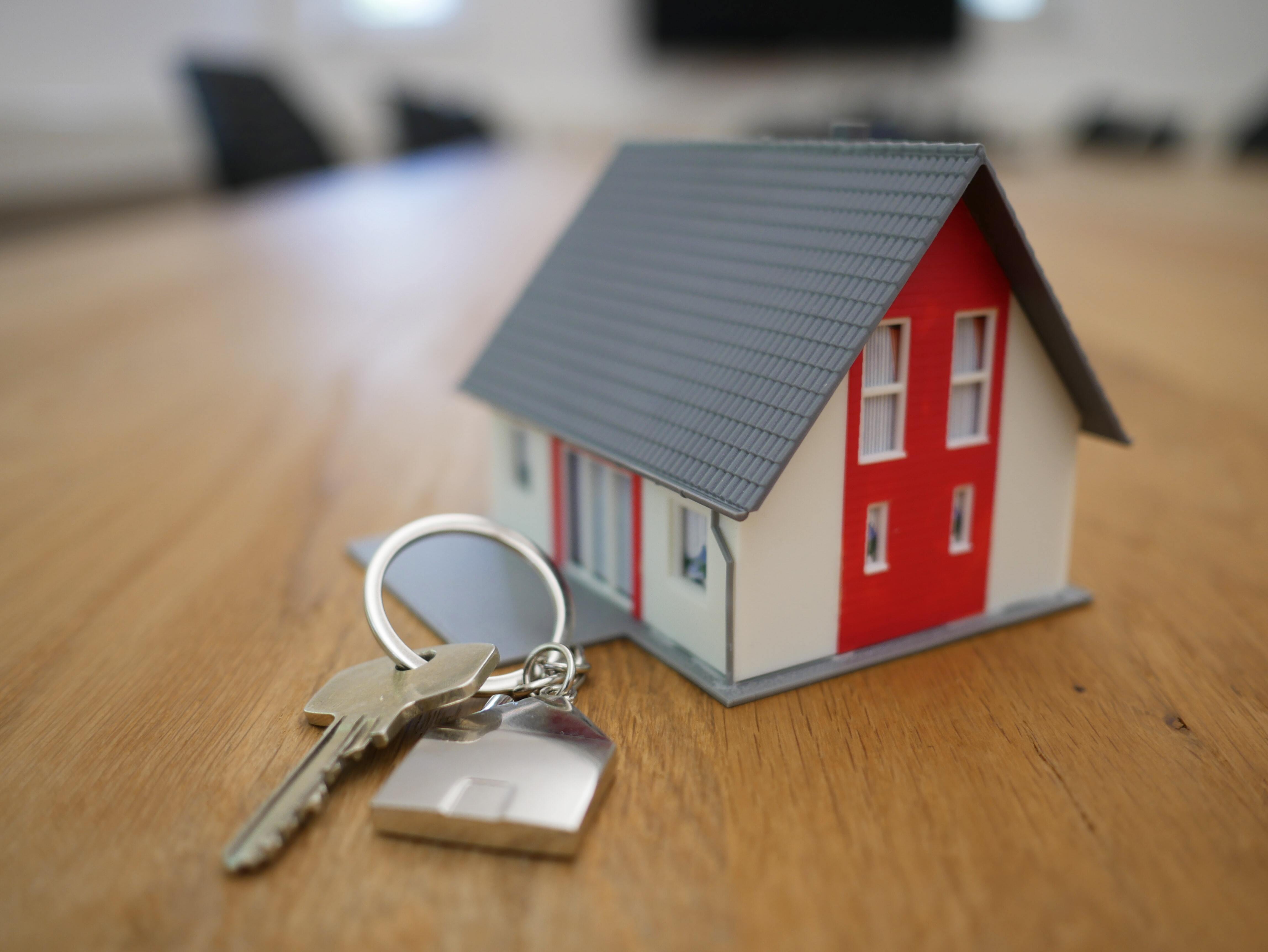
Fixed-Rate vs. Adjustable-Rate Mortgage: Which is Right For Me?
If you’re mortgage shopping, you may be overwhelmed by the number of options. Dozens of lenders, each with their own rates, terms, conditions and costs, can make the decision feel that way. But it doesn’t have to be that difficult! The choice of which mortgage to go with starts with a simple question: fixed-rate or adjustable? There are many different terms, points and rates associated with each, but narrowing your search to a category can really simplify the process.
As an overview, fixed-rate mortgages are the more traditional choice. You and a lender agree to a length of time (or term) and an interest rate. That interest rate stays the same throughout the term of the mortgage.
Adjustable Rate Mortgages (ARMs) are a slightly newer offering. These loans have a segment of time during which the interest rate is fixed. After that, the rate is determined by an economic indicator. If you’ve seen the notation “ARM 5/1,” that means it is an adjustable rate mortgage with a set rate for the first five years of the loan, and then a new rate every year after that. There’s more to it than that, but this basic explanation will get us started.
So, which is the right one for you? The answer really depends on several factors.
How long do you plan to own your home?
One thing you’ll notice right away when shopping for mortgages is that ARMs typically have lower interest rates, sometimes by as much as 0.50%. On a $200,000 mortgage, that saves you as much as $70 a month! The initial rates are lower because there is less risk involved for lenders when rates fluctuate over the years. With a fixed-rate mortgage, even if rates go up, your mortgage rate will stay the same. With the ARM, you’re agreeing to pay more as the lending market offers more.
That doesn’t matter as much if you’re not planning on owning your home five years from now. If you intend to buy the house, make some improvements and resell it for a profit, the ARM will lower your costs while you’re living there.
There’s still risk involved in the ARM even if you plan to sell the house. If demand drops in your neighborhood, you may have trouble finding a buyer. In that case, you’re stuck with the loan and a likely increasing interest rate. If you can find a buyer, but not for the price you paid for the house, the difference between the sale price and what you owe will follow you around, draining your monthly income until you finally get it paid off. If you don't want to take these risks, a fixed-rate mortgage may be a better option for you. Listerhill offers 15 and 30 year fixed-rate mortgage options.
How much can you afford to put down?
An ARM can be easier to qualify for and provides you with an interest rate that you might not get without a 20% down payment. If you don’t have enough cash on hand to make a large down payment, an ARM might give you some time to build equity. Refinancing your mortgage after the initial period is over can put you in a better position. You can use the equity you have in your home, plus whatever you’ve saved during that time, to put more money down and get a better fixed-rate mortgage.
Of course, this strategy is not without risk either. If the value of your home decreases, you may have a difficult time refinancing for the balance of the loan after the initial term. This would leave you stuck paying the higher interest rates of the ARM. If you can’t make the payments, you still lose your house, regardless of the equity you’ve established.
If you’ve got the cash to make a 20% down payment or are buying in an up-and-down housing market, a fixed-rate mortgage provides you with a good rate that you won’t need to worry about. Your mortgage payment stays the same from month-to-month and there’s no uncertainty about what global economies do in the interim.
What’s your risk tolerance?
At the core of the choice between fixed-rate and adjustable-rate mortgages, is a quick and dirty shortcut. Fixed-rate mortgages are the safer, more conservative choice. Adjustable-rate mortgages are the riskier alternative, but offer the possibility of savings.
If you have the room in your budget to accommodate a potentially fluctuating mortgage payment and enough security in your work, savings and other financial priorities, an ARM does offer the potential to lower your monthly payment. If you’re confident that the value of your home will increase faster than interest rates, an ARM might be a wise investment.
If you’d rather have the security of a fixed-rate mortgage, there’s quite a bit to be said for that. If you’ve found the house you want to raise a family in, the stability of a fixed-rate mortgage may be desirable. If you’re trying to find the simplest path to homeownership, you may find the simplicity of the fixed-rate mortgage very appealing.
To learn more about the mortgages we offer, click here.


